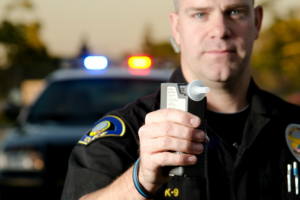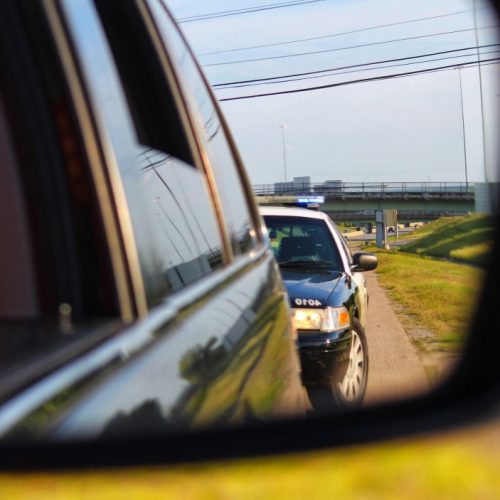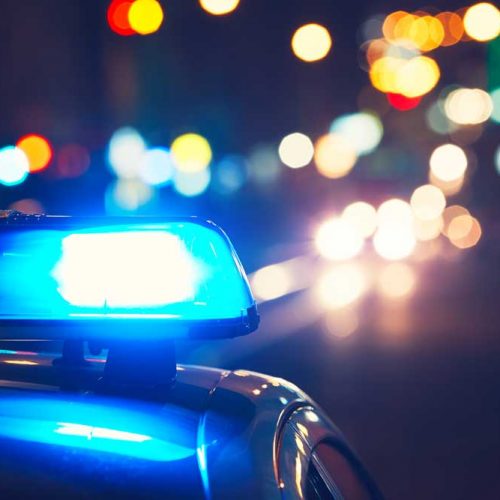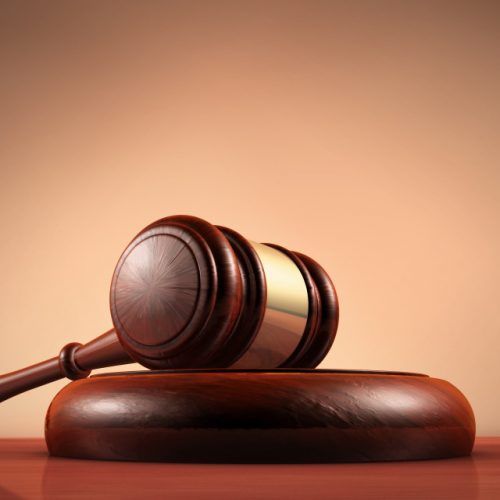Field Sobriety Tests In South Carolina
“Because Your Future Deserves a Defense”
As DUI attorneys in South Carolina, we are aware that you may not be intimately familiar with a field sobriety test because most people aren’t until it’s too late. In this blog, we will go over the most pertinent information to know about field sobriety tests in South Carolina so you can be fully informed about this process.
If you have been pulled over under suspicion of driving under the influence, a police officer may request field sobriety tests to determine your level of intoxication. You have a right to refuse to participate in field sobriety tests. Unlike refusing to take a breathalyzer, field sobriety tests do not fall under the implied consent laws in South Carolina, which dictate that if you receive a driver’s license in our state, you consent to future blood, urine, or breath alcohol tests. Therefore, you don’t face the same penalties for refusing field sobriety tests as you do when refusing breathalyzer tests, which include losing your driver’s license for six months. However, an officer may arrest you under suspicion of DUI because you refused sobriety testing, so keep this in mind if you find yourself in this situation.
What Happens During Field Sobriety Tests?
First, keep in mind that your field sobriety tests must be videotaped to act as a witness for both the motorist and the police officer. In the state of South Carolina, police officers use the standard battery of field sobriety tests as outlined by the National Highway Traffic Safety Administration (NHTSA). One of these tests alone isn’t sufficient to determine sobriety or intoxication. According to the NHTSA, a combination of the first three tests is a fairly reliable determination of sobriety, but a completely accurate series of tests has not yet been determined.
NHTSA-Standardized Tests
- Horizontal Gaze Nystagmus (HGN): During the HGN test, the officer uses a pen or similar object and asks you to follow it with your eyes as they wave it back and forth over your face. This is supposed to test your physiological response time; when your eyes jerk or shake, it allegedly indicates intoxication.
- Walk-and-Turn (WAT): For the WAT test, the officer will ask you to walk heel to toe with your hands at your side for 12 steps, then turn around and walk back. This is a challenge even for sober people, and can be more challenging in different contexts, such as during bad weather, on a sloped road, or while wearing high heels.
- One-Leg Stand (OLS): The officer will also ask you to stand with your feet together, then raise one foot and count to 30 to judge if your balance is impaired.
Non-Standardized Tests
The officer may also choose to perform one of these non-standardized tests in addition to the tests listed above. Non-standardized sobriety tests should not be used to analyze probable cause in a court of law, and may be challenged on these grounds.
- ABC/number testing: In this test, the officer will ask you recite the alphabet or a series of numbers either forwards or backwards.
- Finger-to-nose test: During this test, the officer will ask you to close your eyes and place your index finger on your nose.
- Rhomberg balance test: For the Rhomberg balance test, the officer will ask you to close your eyes and tilt your head up and down for 30 seconds. This tests whether you can stay still and your sense of time.
If you have been arrested for driving under the influence, The De Bruin Law Firm may be able to help you. When you are looking for an experienced DUI attorney in South Carolina, contact us.












